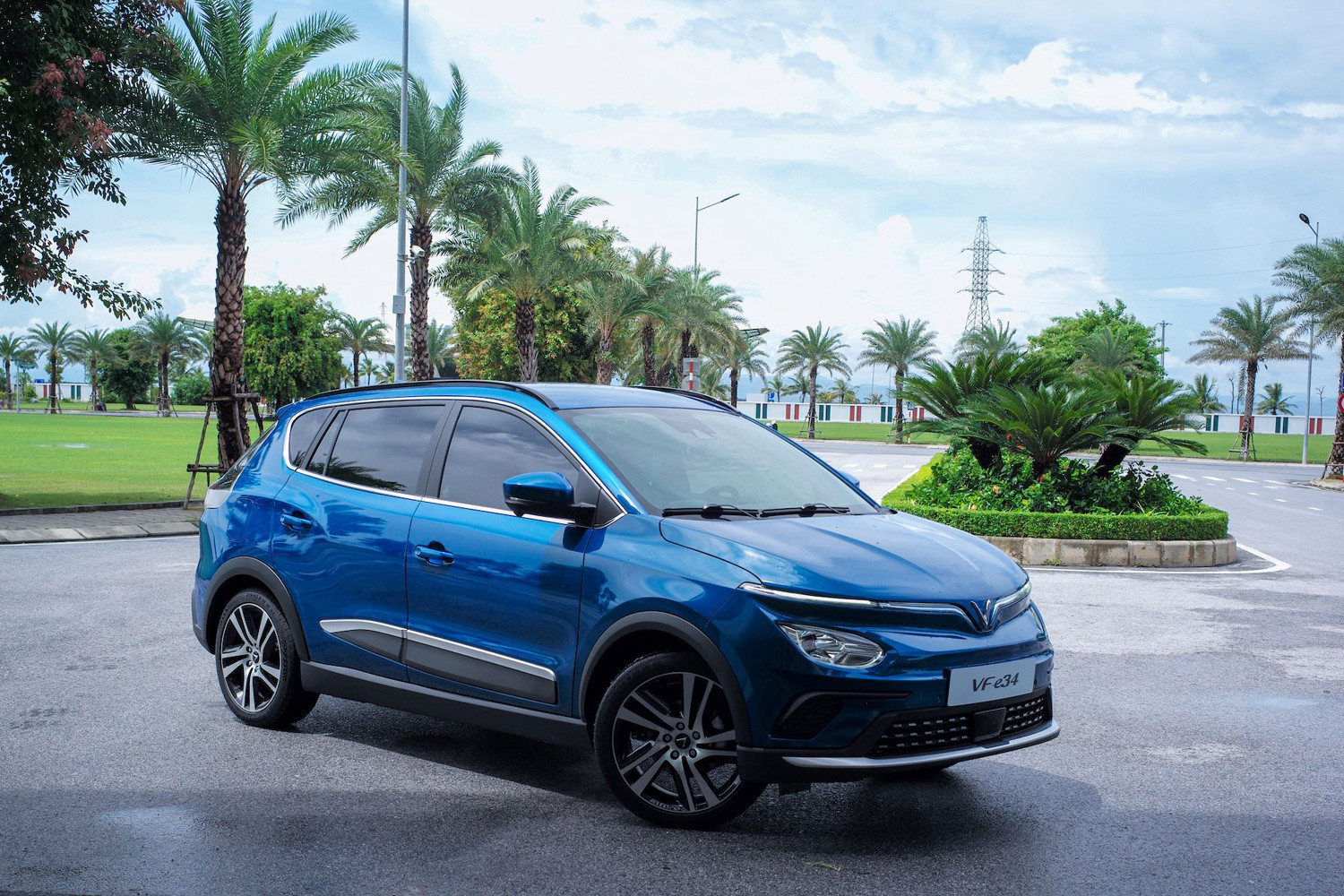
Prior to that, newswires all reported that BYD had decided to build a factory manufacturing and assembling EVs in Phu Tho, where the investor operates an industrial production facility which makes tablets for Apple.
BYD planned to lease 100 hectares of land in the IZ for the EV factory.
According to Reuters, because of the changes in BYD’s business strategy and the decline in the EV market, the Chinese EV manufacturer has decided to postpone the plan. BYD said it and the IZ management board in Phu Tho will seek a suitable time to reactivate the project.
In Southeast Asia, BYD has injected money into two large EV manufacturing projects in Thailand and Indonesia. On March 19, BYD began operating the production line at its factory in Thailand. Sources said the official production would begin in April. The factory has the designed capacity of 150,000 products a year.
Sources quoted Indonesian government as reporting that BYD will begin building an EV factory in Indonesia in April with total investment capital of $1.3 billion which has the designed capacity of 150,000 products a year.
Some analysts say that if BYD has invested in Thailand and Indonesia, it will not pursue the plan to invest in Vietnam. Postponing the project seems to be just a "polite statement" implying the cancellation of the project.
The analysts believe that Vietnam’s policies offered to EV manufacturers are not attractive enough and automobile manufacturers invest in neighboring markets to enjoy bigger incentives.
They said Thailand and Indonesia, thanks to their governments’ strong commitments to support the development of EVs, have become two of the most attractive destinations in Southeast Asia for EV manufacturers. Both have set the goal of becoming an EVN powerhouse by 2040.
They have certain policies, including taxation based on CO2 emissions. This means that the vehicles which emit lower CO2 emissions will be able to enjoy lower tax rates. In addition, big incentives are offered to investors, and preferences are offered to EV buyers and users. The plans on developing infrastructure for EV use have also kicked off.
With these policies, Thailand hopes it will attract $12 billion worth of investment in EVs in the time to come. Indonesia, in addition to attractive policies, had a great advantage of having a high reserve of nickel, an important material to make EV batteries.
Some sources said the US’s Tesla is close to reaching a preliminary agreement on establishing a factory in Indonesia.
The sources believe that Tesla wants to set up a production base in the country to exploit the nickel supply there. Tesla’s factory in Indonesia is expected to produce 1 million EV products a year.
Thailand and Indonesia are members of AFTA (ASEAN Free Trade Agreement) with the preferential tariff of zero percent. If investing in the two countries, foreign manufacturers would be able to approach the entire Southeast Asian market with 700 million people.
Analysts say though BYD has postponed the investment in Vietnam, it won’t ignore the Vietnamese market. The EVs to be made in Indonesia and Thailand will be exported to Vietnam.
The marketing director of an automobile manufacturing company in Vietnam said because of high production costs and high taxes and fees, car prices in Vietnam are higher than in Thailand and Indonesia. Manufacturers exporting cars made in Thailand and Indonesia to Vietnam will get big profits.
As the selling prices in Vietnam are high, imports will also sell at high prices. Making cars in a country with low production costs and selling cars in a country with high selling prices is an ideal plan to optimize manufacturers’ profits.
Meanwhile, EVs not only enjoy the preferential import tariff of zero percent, they also enjoy the preferential luxury tax of 3 percent and vehicle registration tax exemption offered by the Vietnamese government.
Hoang Hiep